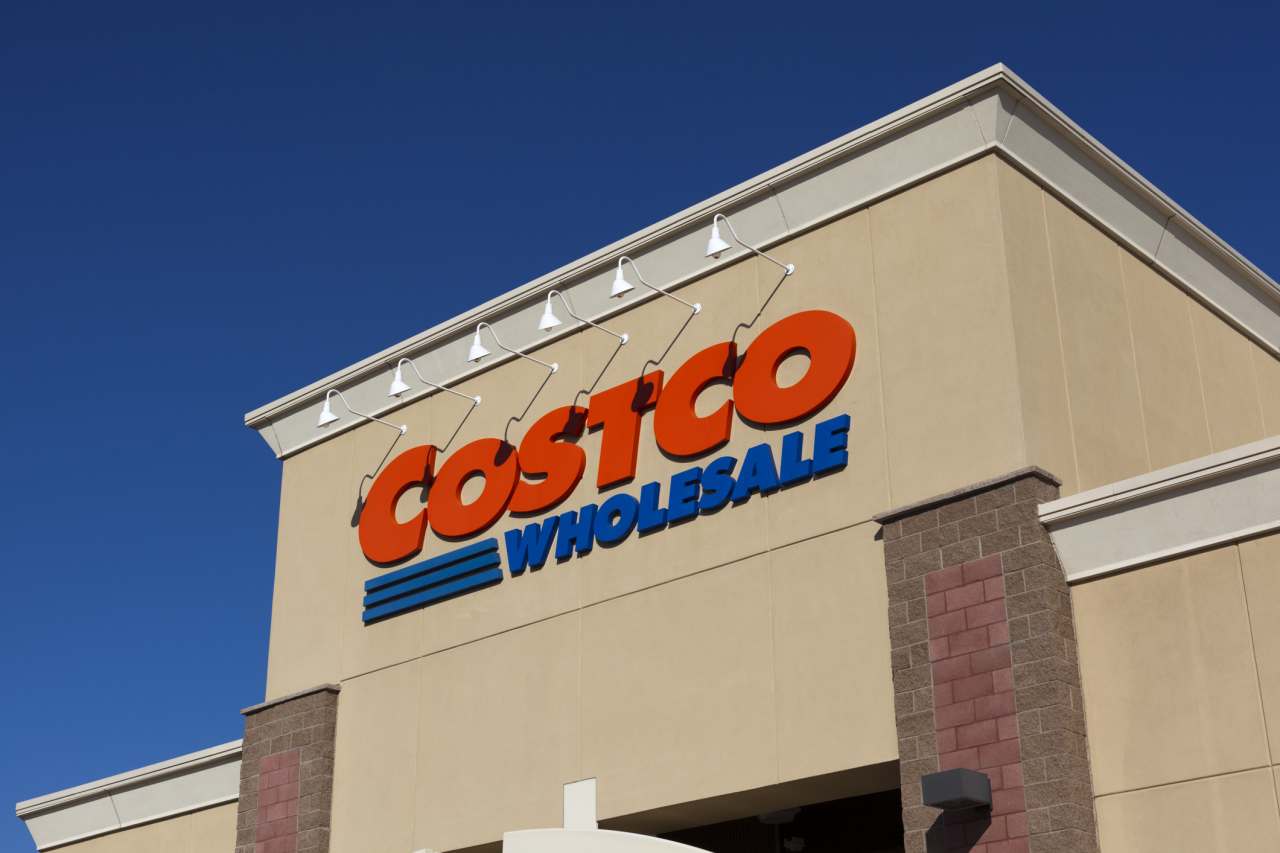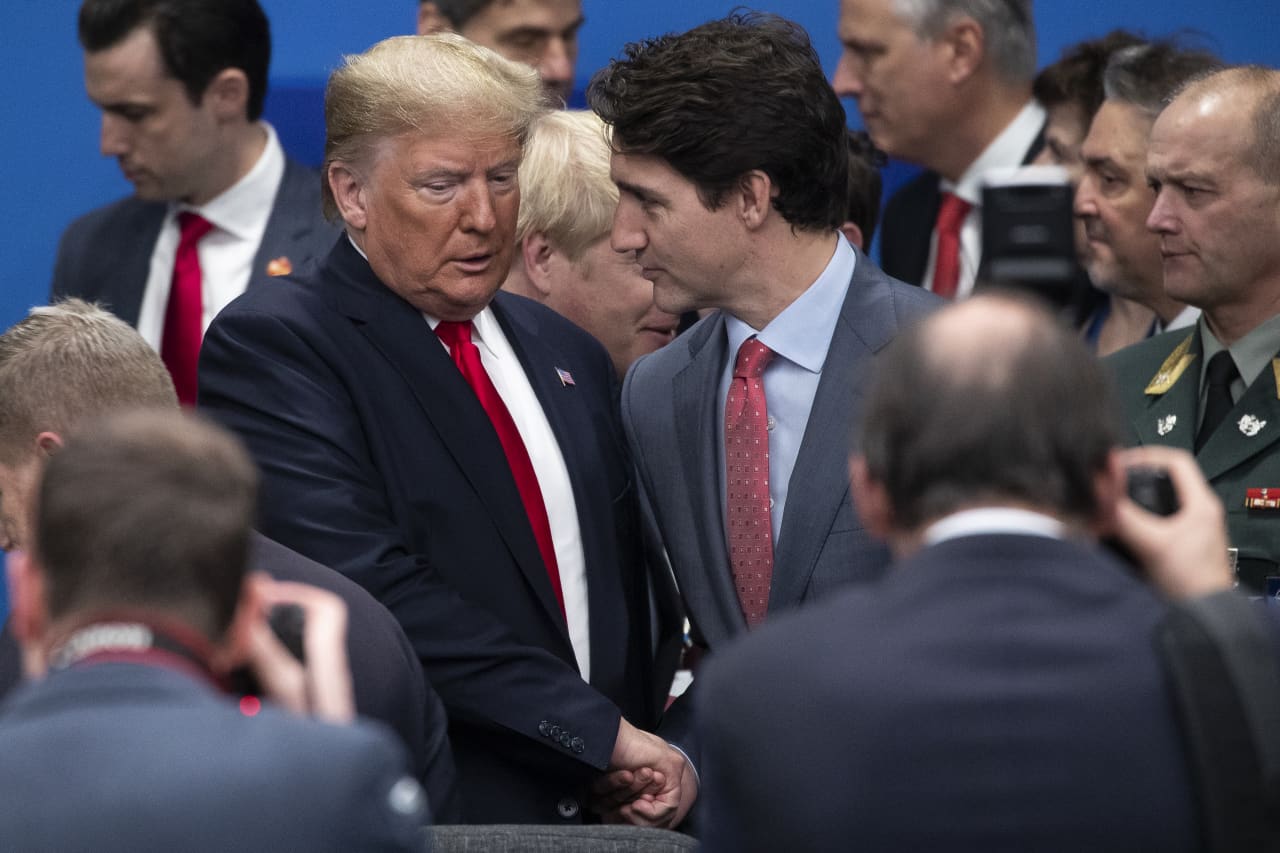Edit Content
Trending






It’s been a confusing 24 hours at the US Postal Service (USPS) after the Trump administration imposed new tariffs on China that eliminated a loophole allowing low-value Chinese packages into the US duty-free.
On Tuesday, the USPS abruptly stopped accepting all inbound packages from Hong Kong and China. This briefly halted personal shipments from China, as well as online deliveries from China-based companies. That included blocking orders from online marketplaces increasingly popular with Americans like Alibaba, Temu, and Shein, as well as China-based retailers selling cheap goods on Amazon.
But by Wednesday morning, the USPS reversed the temporary policy, posting an international service notice clarifying that the USPS and Customs and Border Protection (CBP) “are working closely together to implement an efficient collection mechanism for the new China tariffs to ensure the least disruption to package delivery.”
“Least” is doing a lot of work in that statement, as it remains unclear how many deliveries could still be disrupted by USPS and CBP’s inspection process change.
According to Wired, the e-commerce industry was immediately “thrown into chaos” by the USPS changes. One Canadian trucking company owner, identified only as Daniel, told Wired that many trucks were turned away at the US border yesterday, with his own trucks sometimes only passing through if drivers agreed to dump all packages from China.
Sorting through “thousands of small parcels” to find the China shipments was “arduous,” Daniel noted, but CBP appeared intent on monitoring every truck.
“They were actually going through the trucks and randomly checking the packages,” Daniel told Wired.
Trump has ordered CBP to check shipments for illegal drugs, accusing China and other trade partners of flooding the US with fentanyl. CBP reported that the US was bombarded with more than 1.36 billion low-value shipments last year, making it harder to detect illicit shipments. That’s nearly 10 times more packages exploiting the “de minimis” loophole than in 2015. In 2024, Temu and Shein together shipped an estimated 30 percent of packages that entered the US daily, The Washington Post reported.
Previously, platforms paid no extra costs on those shipments if they were valued below $800. But now, Chinese importers will be subject to a regular 16 percent tariff, a 7.5 percent Section 301 duty specifically for goods from China, and the latest 10 percent tariff, Wired noted. And experts have no idea yet how those taxes will impact the prices of Chinese goods shipped to the US.
©2024. Livebuzznews. All Rights Reserved.